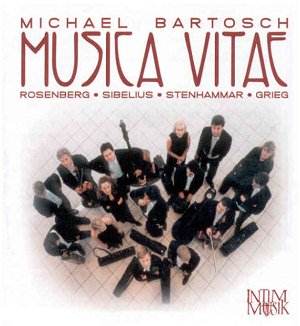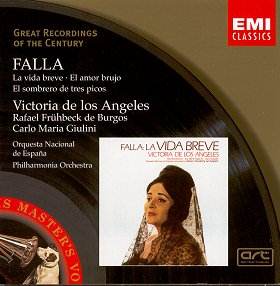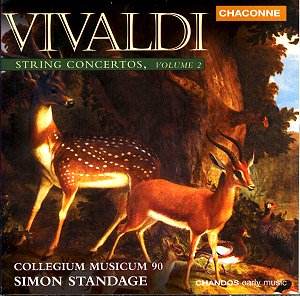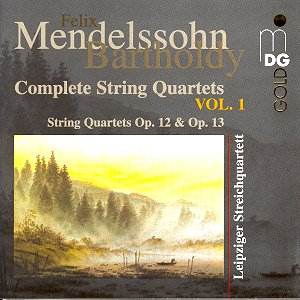 Composer: Joseph Haydn
Composer: Joseph Haydn
Works: Sonata in C minor, Hob.XVI/20; Sonata in F major, Hob.XVI/23; Sonata in A flat major, Hob.XVI/46
Performers: Etienne Rappe, piano
Recording: 1988, Théâtre du Résidence Palace, Brussels
Label: Pavane ADW 7206
Joseph Haydn, often hailed as the “father of the symphony” and “father of the string quartet,” holds a pivotal place in the evolution of classical music. His piano sonatas, while not the primary focus of his oeuvre, manifest a significant exploration of form, texture, and emotional range. Haydn’s unique blend of humor and profundity in these works has secured their status in the repertoire for over two centuries, revealing the composer’s nuanced understanding of keyboard writing. The present recording, featuring Etienne Rappe, showcases three sonatas that encapsulate Haydn’s inventive spirit and diverse stylistic range.
Rappe, a Belgian pianist whose early recording endeavors have not led him to the forefront of the international stage, demonstrates an admirable command of Haydn’s musical language. His interpretation of the Sonata in F major, Hob.XVI/23, is particularly noteworthy; the opening theme unfolds with an elegance that captures Haydn’s lyrical qualities while maintaining a sense of forward momentum. The phrasing is delicately shaped, allowing the listener to appreciate the intricate interplay between the left hand and the right, reflecting Haydn’s mastery in creating dialogue within his music. The clear articulation of both melodic lines and accompanying figures reveals Rappe’s keen musical judgment and technical proficiency.
The recorded sound quality in this release merits attention. The natural acoustic of the Théâtre du Résidence Palace enhances the tonal richness of the Fazioli piano, allowing for nuanced dynamic contrasts and a resonant yet clear sound. Rappe’s control over tone and phrasing facilitates a transparent textural detail that is evident throughout the sonatas. For instance, in the opening of the Sonata in C minor, Hob.XVI/20, the stark contrasts between the agitated opening and the subsequent lyrical passages are rendered with precision, creating an emotional arc that is deeply satisfying. The engineering allows for a vivid representation of Rappe’s interpretations, inviting listeners to engage with the subtleties of Haydn’s music.
While there may be more renowned recordings of Haydn’s piano sonatas by celebrated artists, Rappe’s interpretations hold their own against these titans. His approach is not merely a replication of established norms; rather, he injects a fresh perspective into the music, balancing the inherent playfulness of Haydn with moments of introspective depth. This is particularly evident in the Sonata in A flat major, Hob.XVI/46, where Rappe navigates the contrasting sections with a sensitivity that underscores the work’s emotional complexity.
Rappe’s performances, while perhaps lacking the flamboyance of more prominent pianists, provide a refreshing sincerity that captures the essence of Haydn’s music. His interpretations are marked by clarity and a deep respect for the score, allowing the listener to appreciate the subtleties and intricacies of Haydn’s compositional style. The combination of thoughtful interpretation and quality sound engineering results in a recording that is both engaging and intellectually stimulating.
This release stands as a testament to the enduring appeal of Haydn’s piano sonatas, and Rappe’s artistry offers a rewarding experience for both seasoned aficionados and newcomers alike. The balance of lyricism and dynamism in these performances serves to reassert the significance of Haydn’s contributions to the keyboard repertoire, making this recording a valuable addition to the canon.



